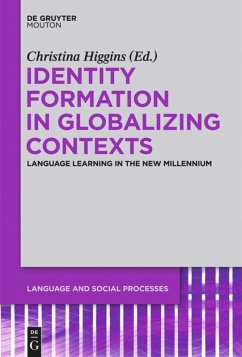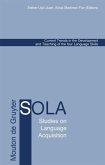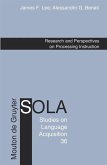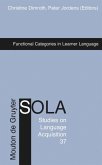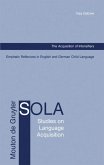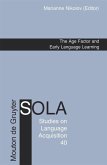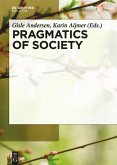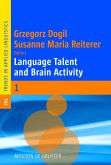The volume explores how new millennium globalization mediates language learning and identity construction. It seeks to theorize how global flows are creating new identity options for language learners, and to consider the implications for language learning, teaching and use. To frame the chapters theoretically, the volume asserts that new identities are developing because of the increasingly interconnected set of global scapes which impact language learners' lives. Part 1 focuses on language learners in (trans)national contexts, exploring their identity formation when they shuttle between cultures and when they create new communities of fellow transnationals. Part 2 examines how learners come to develop intercultural selves as a consequence of experiencing global contact zones when they sojourn to new contexts for study and work. Part 3 investigates how learners construct new identities in the mediascapes of popular culture and cyberspace, where they not only consume, but also produce new, globalized identities. Through case studies, narrative analysis, and ethnography, the volume examines identity construction among learners of English, French, Japanese, and Swahili in Canada, England, France, Hong Kong, Tanzania, and the United States.
Bitte wählen Sie Ihr Anliegen aus.
Rechnungen
Retourenschein anfordern
Bestellstatus
Storno

